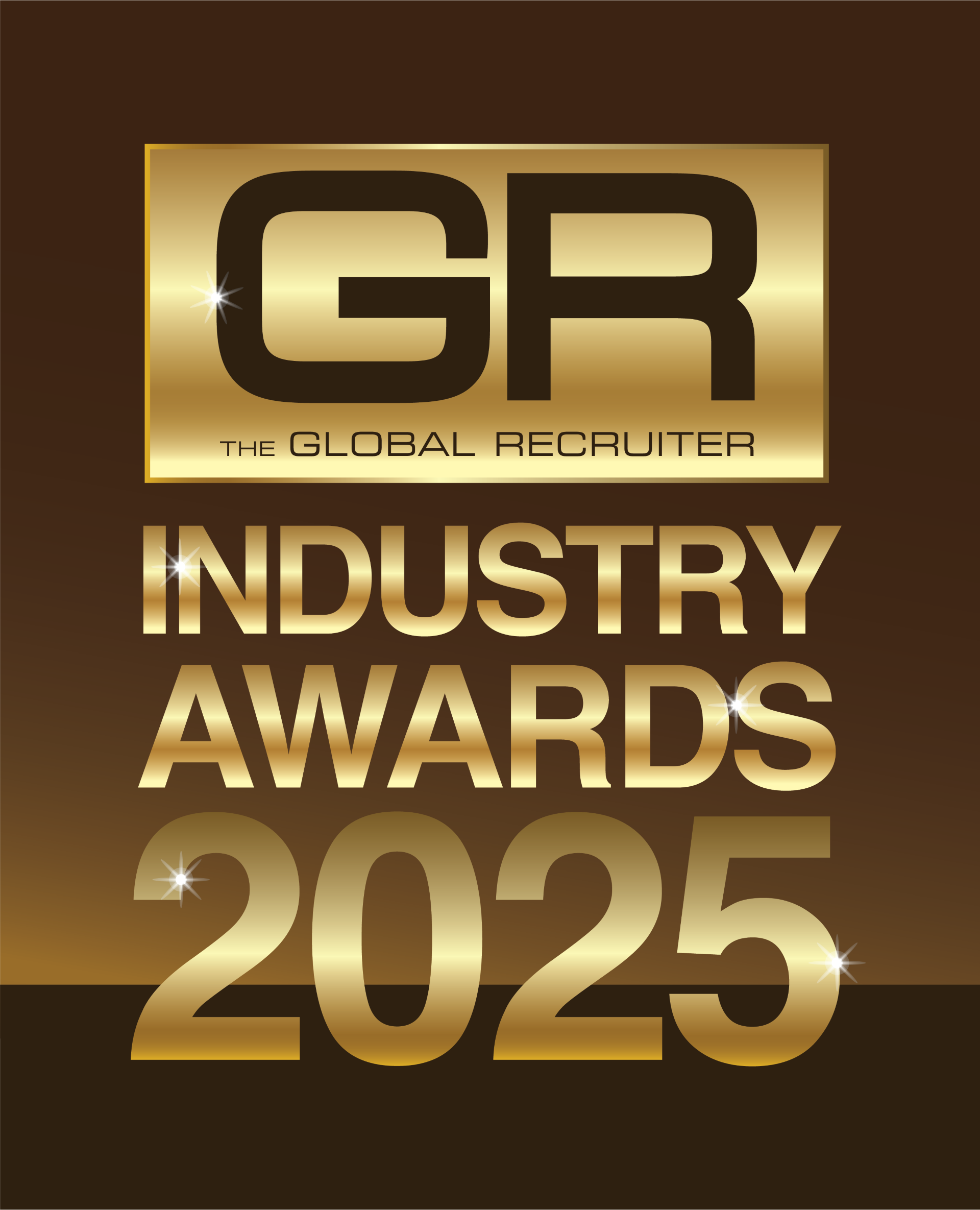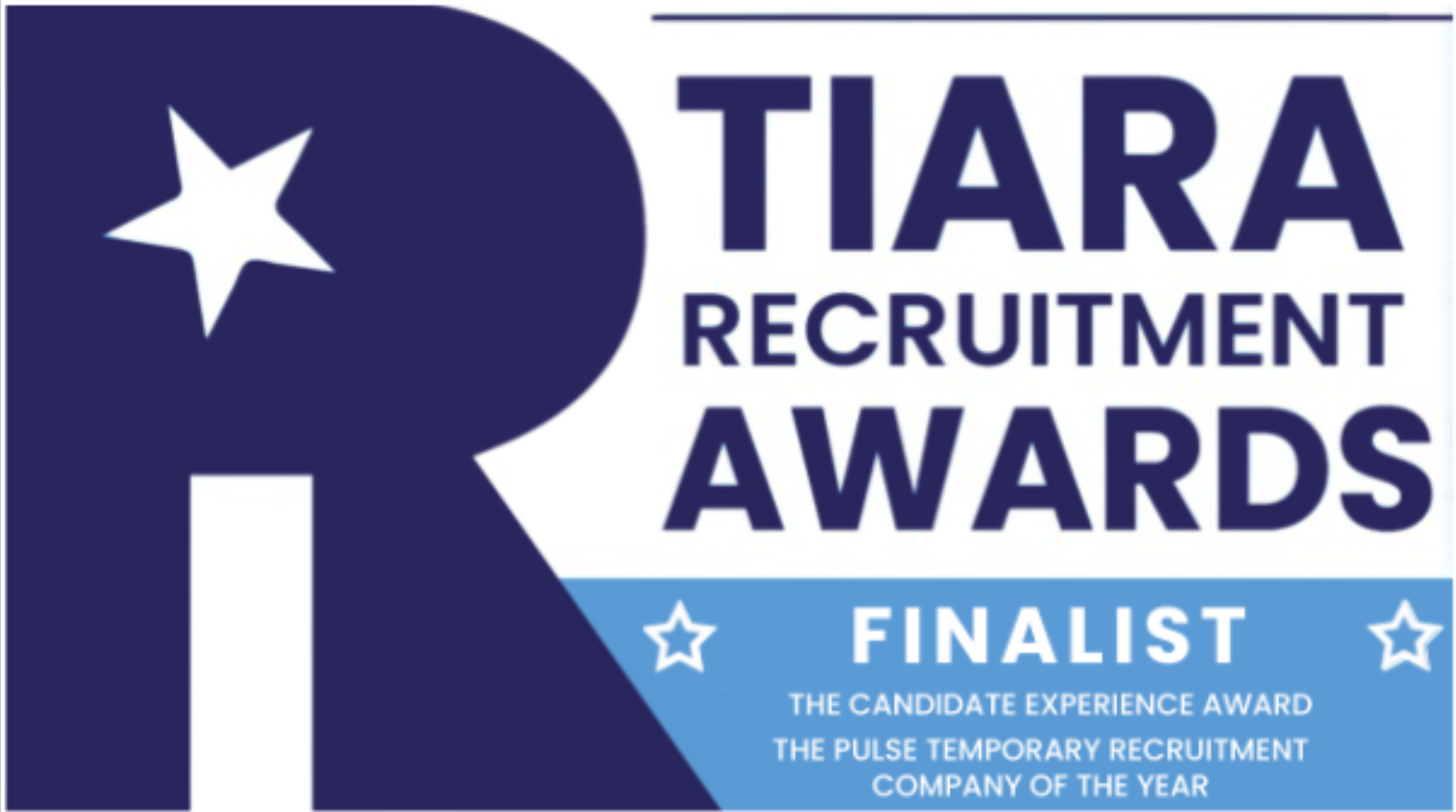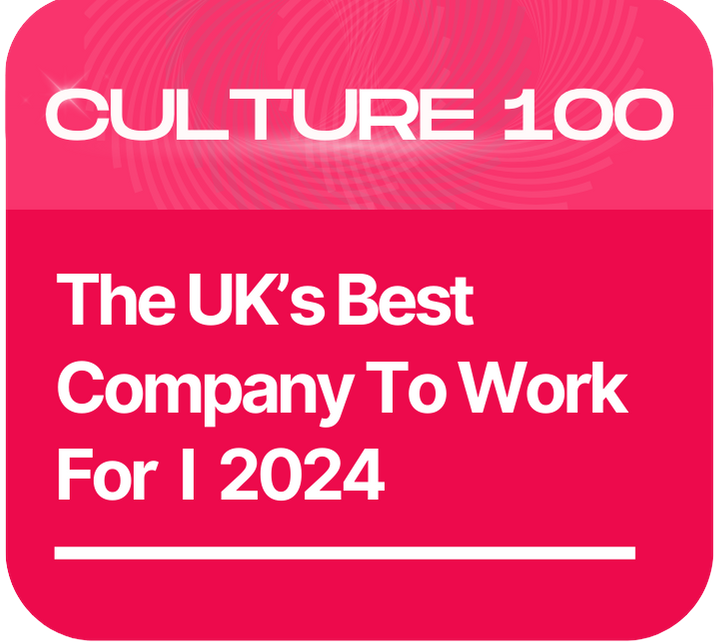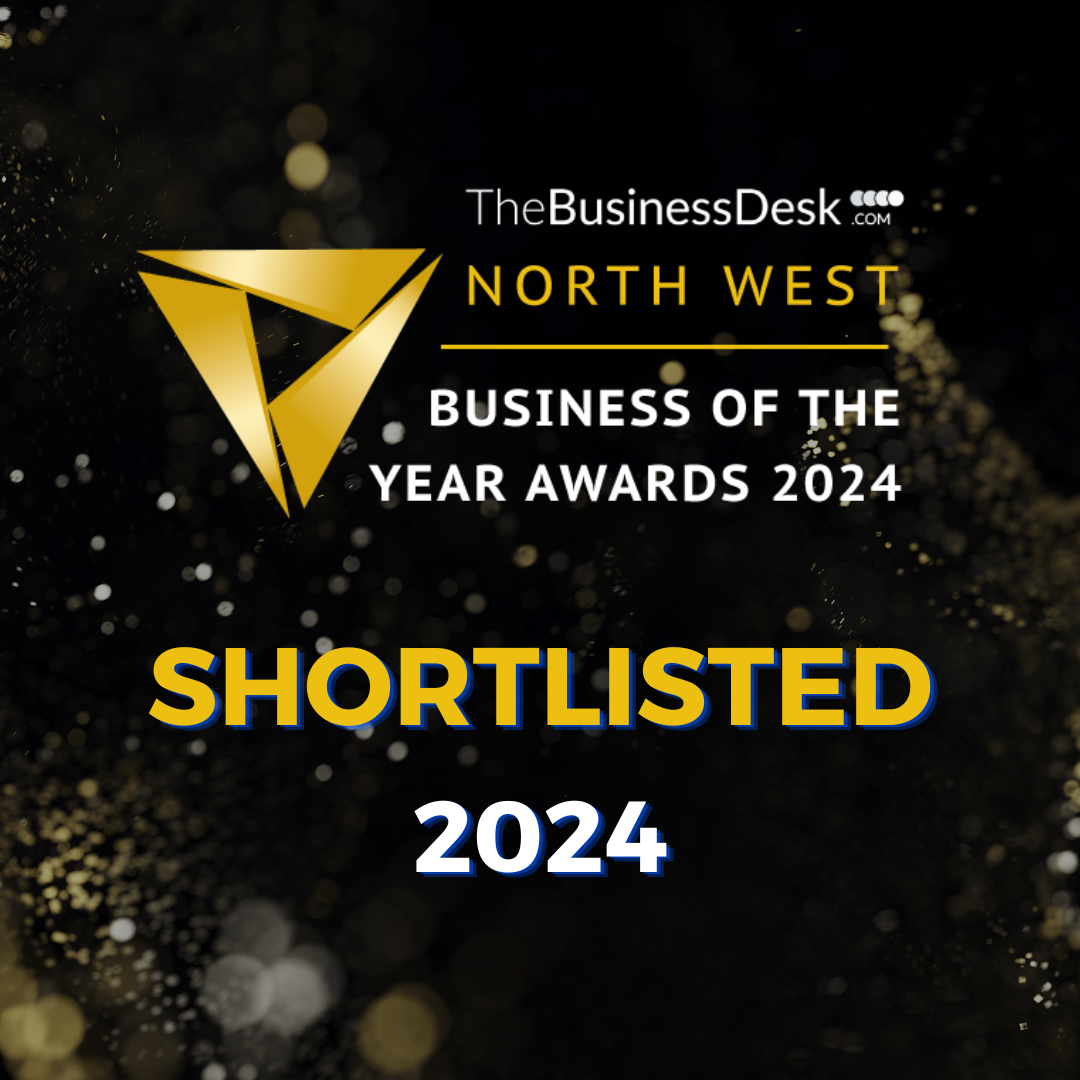Network Construction Operations (NCO) Water Scheme to Become Mandatory

From April 2025, the NCO Water Scheme is to become mandatory, the start of the AMP8 framework.
The Network Construction Operations Water is a registration scheme for the skills, knowledge and understanding required to perform various tasks and duties on the water network. The scheme has now become mandatory for all organisations involved in water network operations. It provides organisations and asset owners with the assurance that those individuals working for them on the water network will have an appropriate level of relevant skills, knowledge and understanding.
NCO registration (Water) will be accepted by Lloyds Register as evidence of competence for Self-Lay contractors for their Water Industry Registration Scheme (WIRS). Water industry apprenticeships, trainee water technician and trainee water engineer are all included for NCO registration.
Registration on NCO (Water) is available for the following categories:
- Trainee (Probationary) and Trainee (Experienced Worker)
- Assistant
- Service Layer
- Main Layer (broken down by mains pipe size)
- Supervisor
In addition to the categories listed above, the individual will also be registered to either ‘Self-Lay’ or ‘Distribution’, which will be determined by their qualification and submitted as part of the evidence requirements.
Registration on EUSR
Registration on EUSR is gained when evidence for registration has been submitted and verified. For new-entrant individuals, evidence requirements include the industry-specific-qualification.
For NCO (Water) registration on EUSR – Trainee (Probationary) and Trainee (Experienced Worker) categories – it is a pre-requisite that the individual holds a valid EUSR registration for both National Water Hygiene and Safety, Health and Environmental Awareness (SHEA) Water.
NCO (Water) registration is valid for five years, with the exception of the Trainee categories; registration for the Trainee (Probationary) category is valid for fifteen months and one year for Trainee (Experienced Worker). Registration for both categories of Trainee cannot be renewed and registration is only available once on each category.
You can find out further information about the scheme on the EUSR website here. If you have any queries, please don’t hesitate to contact our Utilities team, who will be happy to assist you in any way possible.
You can also contact the EUSR directly via email eusr@euskills.co.uk or tel: 0121 745 1310.
Explore Live Job Roles Here
AVAILABLE NOW
2026 Essential Data Centre Industry Guide
GET IN TOUCH
